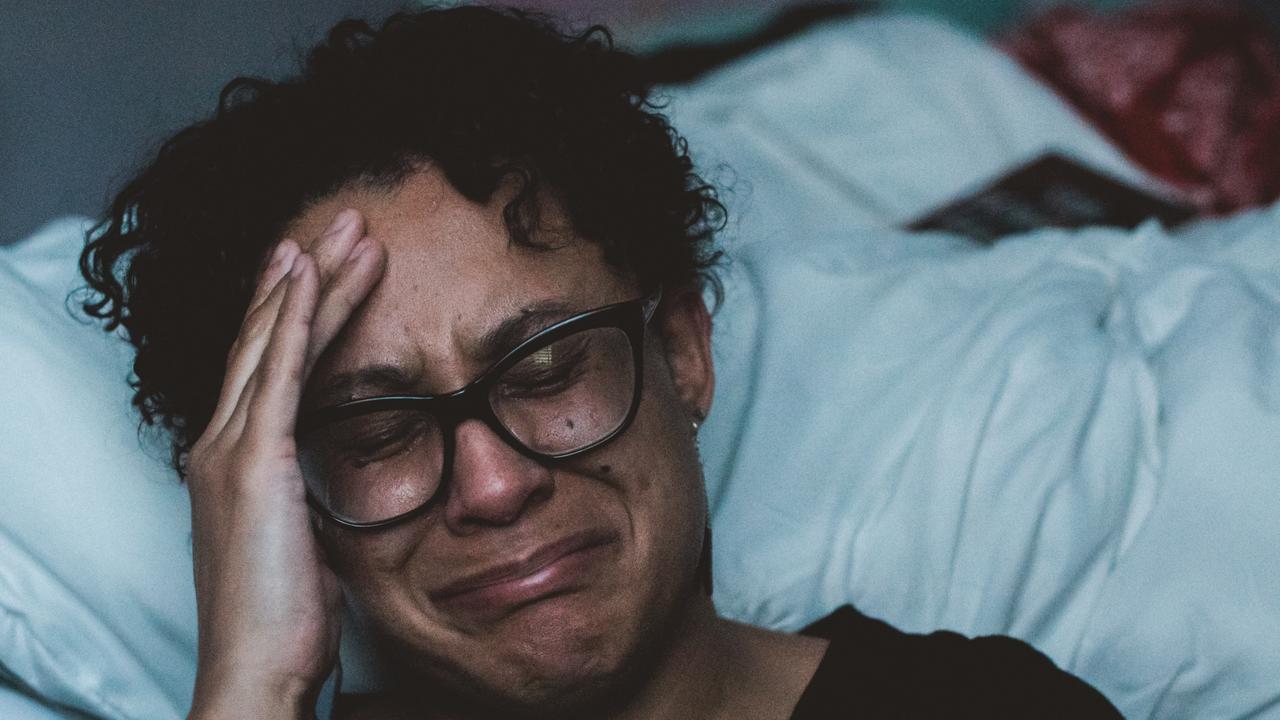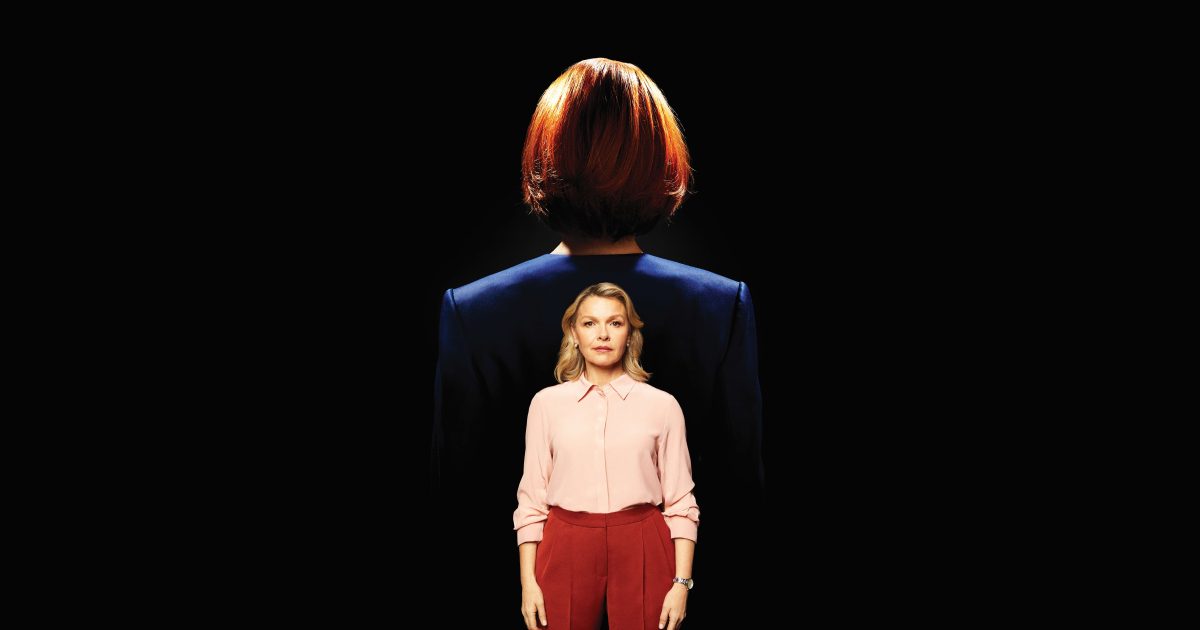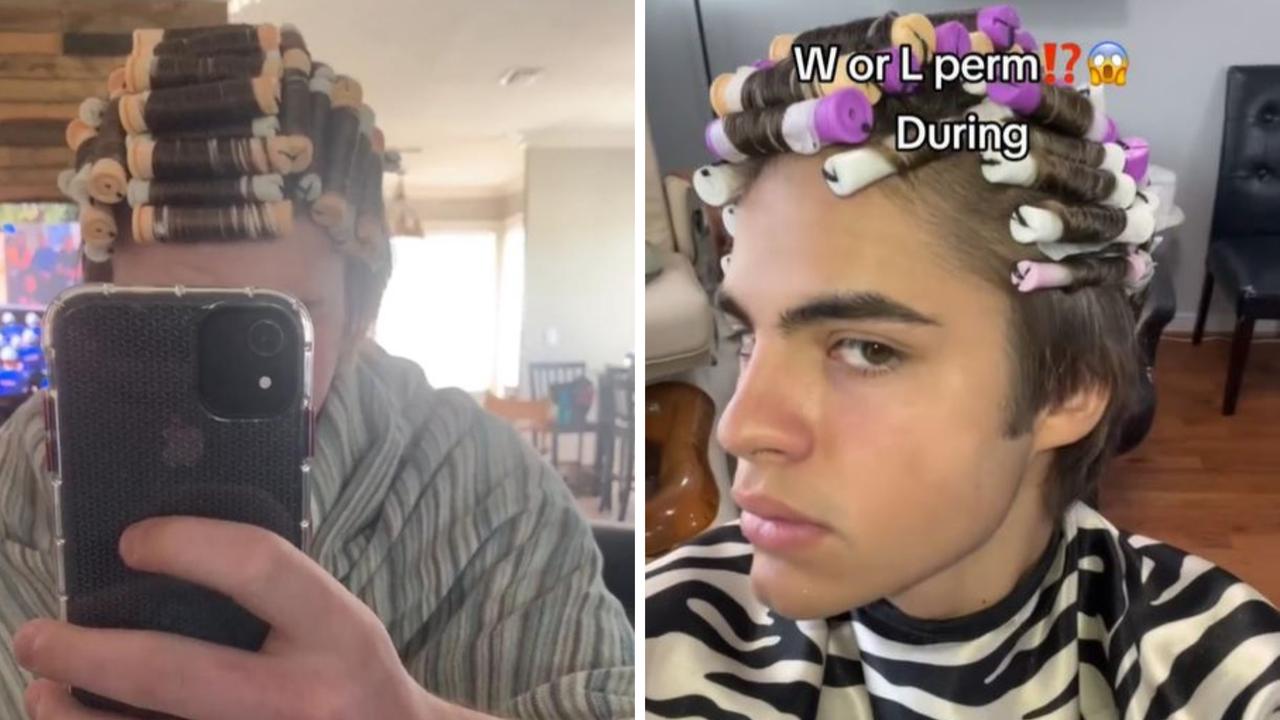When I got the call that my sister had taken her own life, my first thought was that I will never get to speak to her again. Having lost a close relative suddenly a year prior, I had learnt what not getting to say goodbye means, how brutal that finality is.
My heart was instantly shattered.
I thought, “That’s it. I can’t talk her out of it, I can’t tell her I love her. I’ll never be able to plead with her to please don’t do this, to please, please stay.”
My second thought was for my mum.
My mother has lost everyone in her life, apart from me and my other sister. This will kill her, I thought. She will never be the same again.
As I rushed to be with my mum on that fittingly ice cold winter’s night, I was preparing myself for her to be devastated, especially because she did not know my sister had depression.
While I didn’t realise how very unwell my sister was with mental health issues, at least I knew some of it. The trouble was, I was sworn to secrecy. Because my sister recognised something in mum that I didn’t fully appreciate until it was too late: Mum didn’t believe in the insidiousness of depression.
It may be a generational thing, a cultural thing – I’m not sure. But I’ve been blindsided since my sister died that Mum wants to keep how she died a secret.
Mum cannot accept that my sister took her own life. She cannot believe that my smart, accomplished, beautiful inside and out sister saw no way else out. That she was so very desperate and suffering and unwell that night, that she made this choice.
That’s why she won’t tell people that her daughter took her own life; she won’t even admit it to us. Mum is sure it was an accident – and that’s what she tells people. Because she “won’t let my sister’s legacy be tarnished”.
And so my beloved sister’s battle, how hard she tried and fought, can’t be spoken about publicly.
I have now spent years researching suicide, educating myself, speaking to other families and also suicide survivors. They have told me that in those moments, it doesn’t feel like a choice: it’s more about not being able to go on, not seeing an end to their challenges, and honestly believing their loved ones are better off without them.
That’s what the depression told them at the time.
My sister was the most incredible mother, and I struggled with that last part. How could she take herself away from her children, for whom she made so many sacrifices out of love? Her very real, significant mental illness. That’s how.
The mental illness that she kept secret from even her own mum because she knew the stigma – she knew people wouldn’t understand. She was right. But being right cost her her life because she didn’t get the support that she needed.
I feel partly responsible. I kept her secret, because I didn’t understand it enough. I can’t tell you what it feels like to live with that. I hope you don’t ever have to know.





